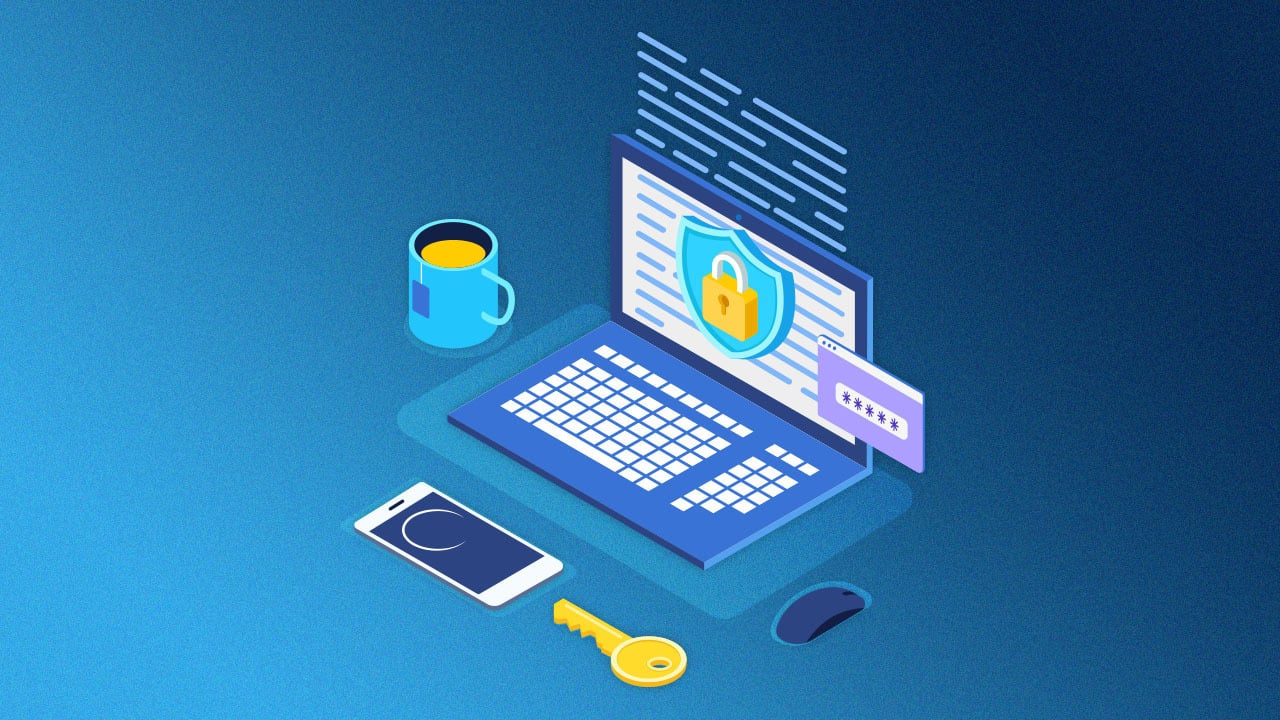Introduction
In this rapidly evolving digital landscape, it’s essential to stay informed and proactive when it comes to your online privacy and security. With changes in laws and increasing threats to personal data, having a robust privacy toolkit is more critical than ever. In this article, we’ll delve into seven must-have privacy tools that you should consider incorporating into your digital life as we head into the next calendar year. These tools are designed to help you protect your data and maintain your online privacy.
- Pi-hole – The Guardian of Your Online Privacy
The first tool on our list is Pi-hole, a powerful privacy tool that offers a level of protection that’s indispensable in today’s internet environment. Pi-hole acts as a DNS filter, allowing you to block unwanted content, trackers, and malicious websites. While it was originally designed to run on Raspberry Pi devices, you can also set it up in containers on a Linux server. If you don’t have a server, you can explore options like 1984 and Orange Websites for secure hosting. Pi-hole is your first line of defense against unwanted intrusions and is a critical tool to protect your privacy.
- StealthX – Navigating the Crypto World Securely
Cryptocurrencies like Bitcoin and Monero have gained significant popularity, and with that popularity comes the need for secure and private transactions. StealthX is an excellent solution for performing cryptocurrency swaps while maintaining your anonymity. It accepts both Bitcoin and Monero, providing a safe and reliable way to exchange cryptocurrencies. As the cryptocurrency industry evolves, having tools like StealthX is essential for safeguarding your financial transactions.
- IPFS – The Gateway to Web 3.0
Web 3.0 is the future of the internet, and IPFS (InterPlanetary File System) is at the forefront of this technological shift. IPFS allows for decentralized, secure, and private content sharing. It is the gateway to a more private and secure internet. You can use IPFS to access decentralized blockchain networks and maintain an additional layer of anonymity, something not possible on the traditional web.
- NotesNook – Safeguarding Your Notes and Data
Taking notes is a common practice in our digital lives. However, most note-taking applications are not designed with privacy in mind. NotesNook is an encrypted, audited, and decentralized note-taking app that enables you to transact and interact with your data while ensuring it remains secure. Protecting your sensitive information is crucial, and NotesNook offers an ideal solution for this.
- VeraCrypt – Encrypting Your Data Across Devices
Data encryption is an essential part of maintaining privacy. VeraCrypt is a versatile tool that allows you to encrypt your data, whether you’re using Apple, Linux, or Windows devices. You can even run VeraCrypt on Linux in containers or through Raspberry Pi for an extra layer of protection. It’s vital to encrypt your data to prevent unauthorized access and ensure your privacy remains intact.
- Whonix – Anonymity and Privacy for Experts
For those looking to take their privacy to the next level, Whonix is an advanced privacy tool. It’s a security-focused operating system that runs inside a virtual machine, providing a high level of anonymity. While Whonix is more suitable for tech-savvy users, it’s an excellent choice for those who want to compartmentalize and remove pieces from their data sets, making it harder for prying eyes to track their online activities.
- Skiff – End-to-End Encrypted Email
Email is one of the oldest and most commonly used forms of digital communication, but it’s also vulnerable to privacy breaches. Skiff is a new privacy-focused email service that offers end-to-end encryption, ensuring that your email communications are secure and private. While email protocols might not be the most secure, using Skiff is a step in the right direction for maintaining your digital privacy.
Conclusion
In a world where online privacy is under constant threat, it’s crucial to arm yourself with the right tools to protect your personal information. These seven privacy tools cover a wide range of needs, from securing your financial transactions to encrypting your data and maintaining anonymity. As we move into the next year, prioritize your digital security and make use of these tools to keep your online life private and secure. Your privacy is a fundamental right, and these tools can help you exercise that right effectively. Stay informed, stay safe, and make privacy a top priority in your digital life.
